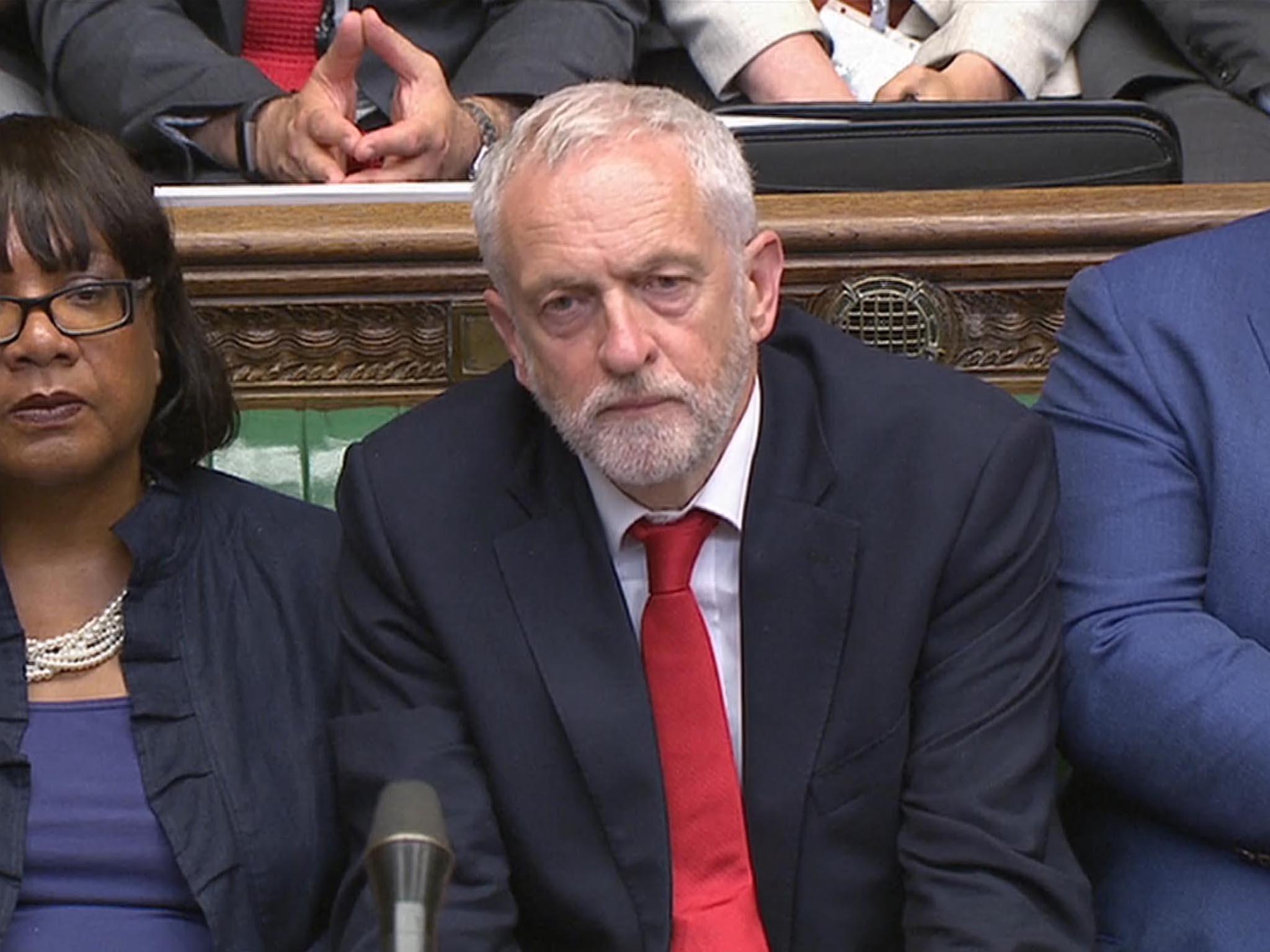Labour's hostility towards a progressive alliance lost Corbyn the election – it won't be making the same mistake twice
Analysis by the democratic left group Compass found that the Tories could have lost 62 seats if the progressive vote had rallied behind a single opponent


When the Conservative Zac Goldsmith won back his Richmond Park seat from the Liberal Democrats by just 45 votes this month, some 5,773 people voted Labour. The Greens stood aside, as they had done last December to help the Lib Dems oust Goldsmith in a famous by-election, but Labour’s presence ensured that he sneaked past the winning post on 8 June.
Labour members in Richmond Park have now decided to do something to stop it happening again. On Wednesday night, the constituency party agreed to propose a rule change to Labour’s annual conference which would leave it up to local parties to decide whether to field a general election candidate. The case was made on the grounds of devolving democracy in the party. But the other purpose was to boost the prospects of an anti-Tory progressive alliance at future elections.
It is true that Labour members are divided over doing local deals with parties like the Lib Dems and Greens to rally behind the candidate most likely to beat the Tories. Indeed, the Richmond Park Labour meeting was tied 34-34 and the motion carried only on the casting vote of its chair.
But supporters of a progressive alliance dare to dream that the vote move might just be the start of a revolution which will eventually enable the Tories’ opponents to make our outdated first-past-the-post system work for them. Other constituency parties will follow suit, paving the way for a vote at next year’s Labour conference. The South West Surrey constituency passed the same motion on Thursday, and called for the reinstatement of three members expelled for calling on Labour to back the National Health Action Party in the Health Secretary Jeremy Hunt’s seat.
What happened in Richmond Park this month was replicated across the country. Analysis by the democratic left group Compass found that the Tories could have lost 62 seats if the progressive vote had rallied behind a single opponent. Labour would have won another 40 seats, the SNP 12, the Lib Dems nine, with one going to an independent. Jeremy Corbyn would now be in Downing Street.
Of course, we can’t assume that all voters would move into the progressive candidate’s column if their choice were restricted. But the numbers undoubtedly show the huge possibilities of a progressive alliance. Its supporters were caught cold by the snap election and the waters were muddied by calls for tactical voting on Brexit. But the Progressive Alliance campaign was still successful in 22 of the 31 seats it targeted.
Although the Greens were keen, the Labour and Lib Dem leaderships were hostile, not wanting to give the Tories even more excuses to wheel out their “coalition of chaos” warning. (How ironic that looks now as they struggle to form a regressive alliance with the Democratic Unionist Party before next Thursday’s vote on the Queen’s Speech).
The case for Labour backing a progressive alliance now would be stronger if the party had suffered the heavy defeat expected by many people (including me). After his brilliant campaign, Corbyn is entitled to think that one more heave will get him over the Number 10 threshold. He might well be right. He has vanquished his internal opponents. Their plans to launch a breakaway centre party are dead, for now at least.

Yet there are good reasons why Corbyn should reach out to other progressive parties. Although the divided Tories are in a terrible state, their hunger for power will ensure they unite behind a new leader for the next election. Their campaign then cannot possibly be as bad as Theresa May’s. Labour’s claim to be a government-in-waiting will be tested in a way that it was not at this month’s election – notably, on the economy and on Brexit (where its policy remains very sketchy).
Although Corbyn turned the tables on his Blairite critics by increasing Labour’s support among the middle class, the Tories made dangerous inroads among working class voters Labour needs to win back. It would be ironic if 2017 proves to be “peak Corbyn” and the Blairites then accused him of losing Labour’s traditional supporters – the left’s charge against New Labour.
Many Labour figures will be tempted to trust their tribal instincts and plough on without a progressive alliance. But there are good reasons why Corbyn should embrace the idea. When he became Labour leader in 2015, he promised to extend local democracy in the party. Why not leave it up to constituency members to decide what would most enhance the party’s prospects?
Above all, how can it be wrong to have a progressive alliance at local level when Corbyn would form one at Westminster today if he could muster enough votes to oust the Tories? And when he might well need to forge such an alliance after the next election.
Join our commenting forum
Join thought-provoking conversations, follow other Independent readers and see their replies
Comments
Bookmark popover
Removed from bookmarks